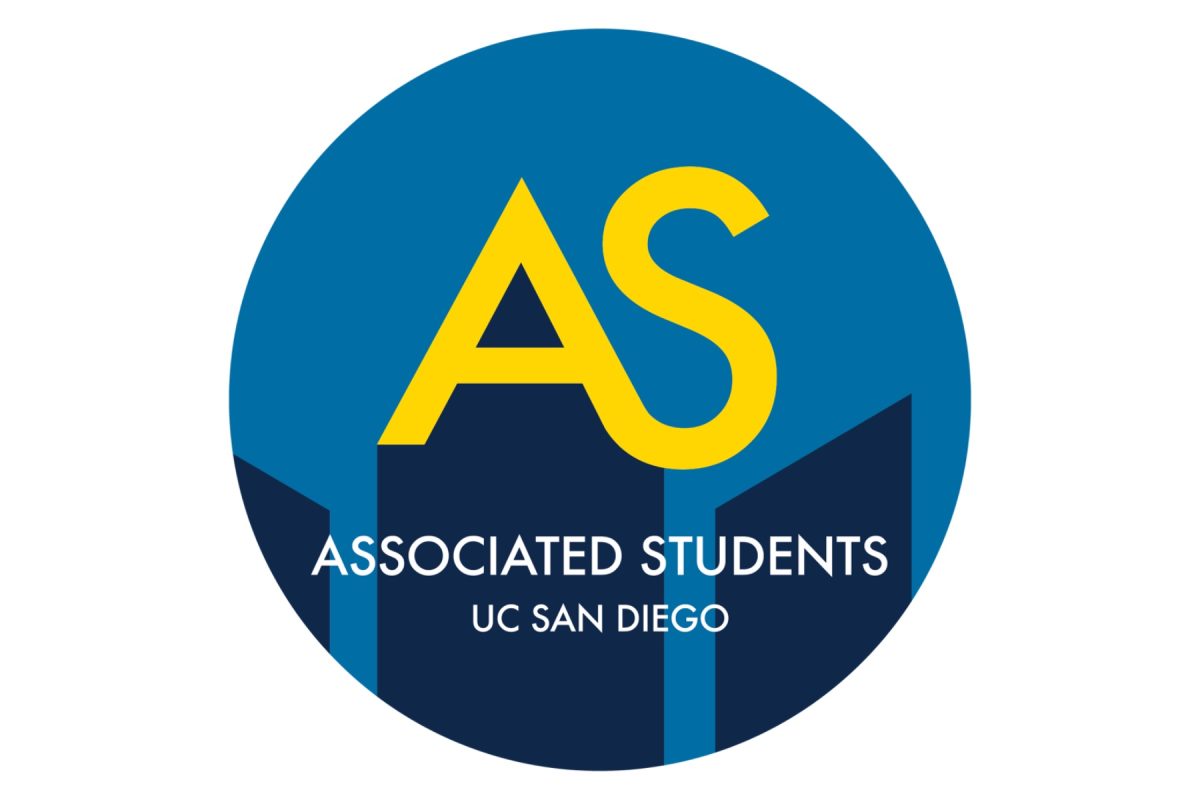The San Diego County Board of Supervisors has approved features of The Alzheimer’s Project, a county project that seeks to find a cure for Alzheimer’s disease and provide support for San Diego residents with the disease, on Tuesday. According to a Nov. 29 article in the San Diego Union-Tribune, researchers from UCSD, the Scripps Research Institute, the Sanford-Burnham Medical Research Institute and the Salk Institute for Biological Studies are all involved in the project. Other contributors include San Diego county supervisors, community members and Mayor Kevin Faulconer.
Alzheimer’s is the third leading cause of death in San Diego county and costs it $75 million annually, according to a Dec. 2 KPBS article. The project hopes to improve research by connecting physicians and patients to clinical trials, as well as improving services for families and caregivers affected by Alzheimer’s.
Scripps Research Institute professor Jerold Chun, who is involved with The Alzheimer’s Project, spoke to the San Diego Union-Tribune about researchers’ efforts to produce something tangible from the project.
“Sanford-Burnham and Scripps have large screening centers located within their institutions that were part of a [National Institutes of Health] screening initiative,” Chun said in a Nov. 29 transcription of his interview with the San Diego Union-Tribune. “That screening capability allows individual scientists to look for chemical tools or proof of concept compounds that might lead to an actual medicine for, in this case, Alzheimer’s disease.”
The recommendations for the project include a fundraising campaign called “Part the Clouds” and improving the “Take Me Home” program, a program run by the sheriff’s department that provides GPS devices to patients of Alzheimer’s disease in case they become lost or wander.
Chun explained to the San Diego Union-Tribune that many clinical trials are looking at toxic proteins and enzymes that might play a role in Alzheimer’s have failed.
“That tells you that these companies have the resources, the manpower, but what they don’t have is an understanding of the disease that’s therapeutically traceable,” Chun told the San Diego Union-Tribune.
He said that the money raised for research will be disbursed based on research grant proposals, which will be reviewed by a group of scientists.
According to philanthropist Darlene Shiley, who is participating in The Alzheimer’s Project and was also interviewed by the San Diego Union-Tribune, this project is distinct because it is so collaborative.
“Could I write out a check for $500,000?” Shiley said. “Probably, but what’s important is that I write a check for the first $100,000 and say I believe in this, I’m in, come join.”
According to the KPBS article, about 60,000 San Diego County residents currently have Alzheimer’s disease, and by 2030, it is expected that 100,000 residents will. The project leaders have three months to create a plan for implementing the recommendations that were approved by the county board of supervisors.







